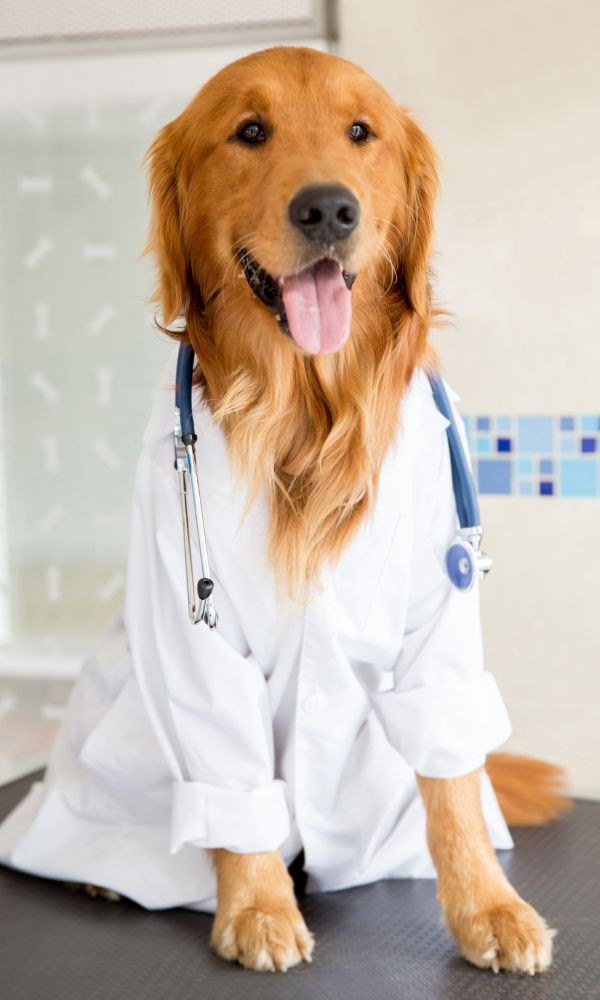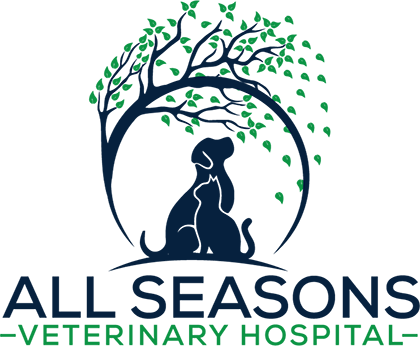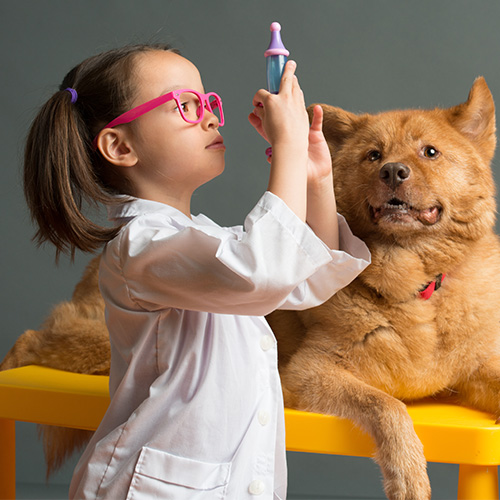Veterinary Services
Pet Hospitalization
When necessary, we can hospitalize our non-critical patients at All Seasons Veterinary Hospital for care and observation in our new, state-of-the-art facility.
Pet Hospitalization in Tryon, NC
Hospitalization is recommended when a pet’s medical condition is severe, requires intensive care, or cannot be adequately managed through outpatient care.
Pet Hospitalization
Pets may be hospitalized for various reasons, including:
- Severe illnesses
- Traumatic injuries
- Post-operative recovery
- Chronic medical conditions requiring monitoring and treatment
- Diagnostic workup and evaluation
Upon admission, a veterinarian conducts a thorough physical examination and assesses the pet’s medical history and condition. Diagnostic tests such as blood work, X-rays, and ultrasounds may also be performed to determine the appropriate treatment plan.
Here are some key points about pet hospitalization:
Treatment Plans
Based on the initial assessment, a customized treatment plan is developed for the pet. This plan may include medications, intravenous (IV) fluids, pain management, wound care, and other necessary interventions.
Monitoring
Hospitalized pets receive constant monitoring by veterinary staff, including veterinarians, veterinary technicians, and nurses. Vital signs such as heart rate, respiratory rate, temperature, and blood pressure are regularly checked to ensure stability.
Pain Management
Pain management is a crucial aspect of pet hospitalization. Veterinarians ensure that pets are comfortable during their stay. Medications or other pain relief methods are administered as needed.
Nutrition and Hydration
Hospitalized pets receive appropriate nutrition and hydration based on their specific medical needs.
Owner Communication
Veterinarians and veterinary staff maintain regular communication with pet owners. They provide updates on the pet’s condition, treatment progress, and any necessary decisions regarding the pet’s care.
Discharge and Follow-Up
When the pet’s condition improves they will be discharged from the hospital. Owners are provided with instructions for at-home care and any necessary follow-up appointments.


